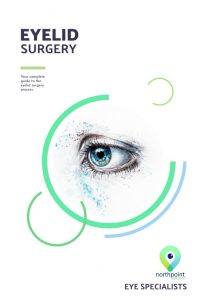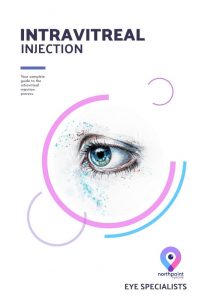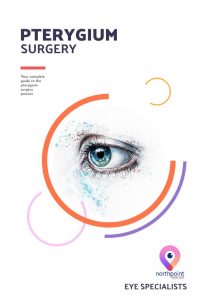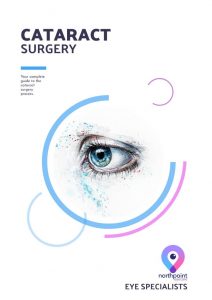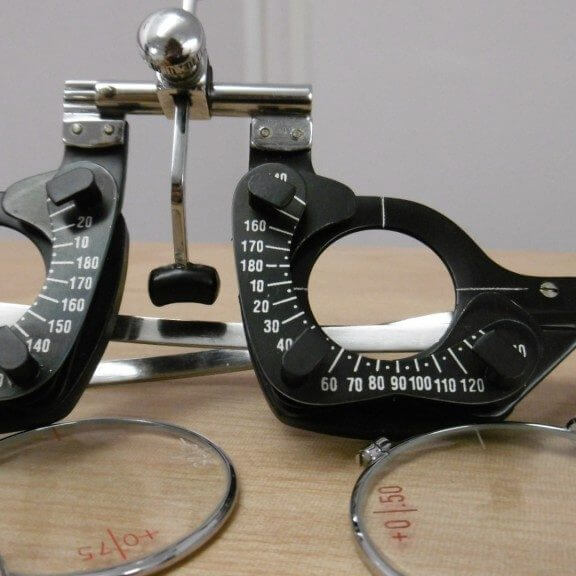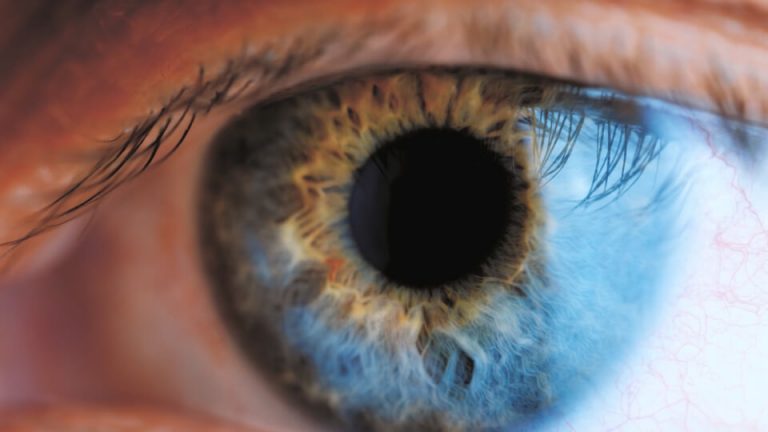Cataract information
What is a cataract?
Cataract is clouding or opacity of the lens in the eye. The lens is located behind the coloured iris and is normally transparent. Like in a camera, the lens functions to adjust the focus of the eye to give a clear image to the retina at the back of the eye. Throughout your life, the lens keeps growing within the eye. Over time the lens can develop opacities that affect its ability to transmit and focus light. This is termed a cataract.
How common are cataracts?
Most people will develop cataracts over their lifetime. Not everyone will be affected by their cataracts to the same extent. The majority of people affected by their cataracts will be over 60 years of age.
What causes a cataract?
What are the different types of cataract?
Cataracts can affect different areas of the lens. The commonest types involve either a clouding of the outside of the lens or cortical cataract, a hardening and yellowing of the centre of the lens called a nuclear cataract and a frosted-glass like opacity at the back of the lens called a subcapsular cataract.
Cataract surgery
How is a cataract diagnosed?
Once your cataract advances it can affect your vision and you will start to have symptoms of a blur, frequent spectacle prescription changes, glare or sometimes dulled colour perception.
Your ophthalmologist at Northpoint Eye Care will undertake a comprehensive examination of your eye to determine if a cataract is the main cause of your visual problem. This will include visual acuity testing, intraocular pressure testing, slit lamp examination including photography of your eye and lens, and assessment of the health of the retina, particularly the macula.
How are cataracts treated?
Not all cataracts need treatment. This depends on how the symptoms of the cataract affect your lifestyle. We take care to discuss this with you to determine the need for treatment compared to the small risk of surgery. Removal of the cataract and replacement with an artificial lens, or intraocular lens, is a highly successful surgical treatment performed by our ophthalmologists.
There are numerous techniques for doing this, the most common is where the lens is fragmented by an ultrasound probe called phacoemulsification. It is a painless procedure with local anaesthetic and twilight sedation, performed as day surgery.
Intraocular lenses
What types of intraocular lenses are used?
There are numerous intraocular lenses (IOLs) available today. Monofocal/single focus lenses give distance vision or a combination of distance and near vision called monovision. Extended depth of focus (EDoF) lenses provide blended distance and intermediate (computer, tabletop) vision, with limited reading vision. Multifocal or trifocal lenses split the light in each eye to give distance and near vision, with some intermediate vision. Each has their advantages and disadvantages and the particular lens that will suit you best will be discussed with you during your consultation.
What is astigmatism and can it be treated?
Monofocal, extended depth of focus and multifocal lenses can also correct astigmatism, a problem with the curvature of the cornea. These lenses are called “Toric” IOLs.
What other options are there?
Secondary or piggy back intraocular lenses can be used to adjust your focal point after surgery, however, this is rarely required. More commonly, modern piggy back lenses are used to give multifocal vision. These lenses can be removed if you develop other conditions in your eye, like macula degeneration, which impair the function of multifocal lenses.
Cataract surgery process
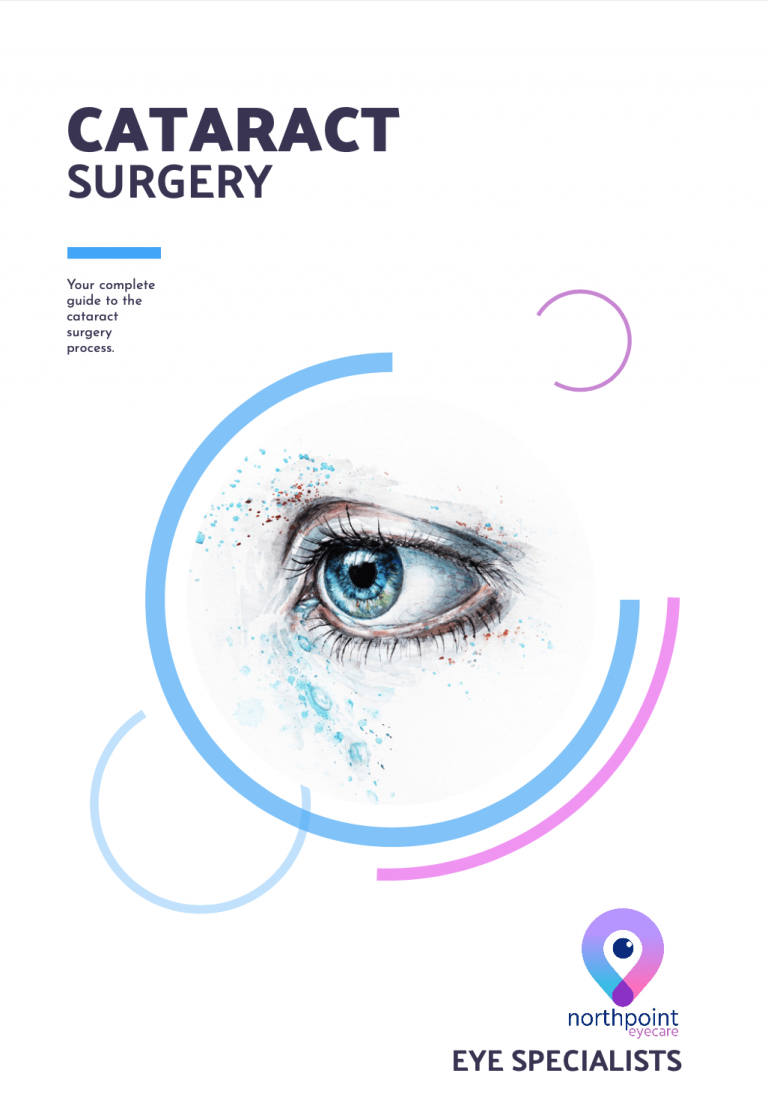
Cataract surgery can be a daunting procedure. We have provided a comprehensive booklet on the cataract surgery process. This covers what happens before your surgery, on the day of your surgery and after your surgery. The answers to frequently asked questions are provided.
This information has been provided to guide you through the surgical process. It is important that you read and understand all the details provided. If you have any questions please feel free to ask, we value that you feel comfortable and well informed about your procedure.
NORTH LAKES DAY HOSPITAL
- 7 Endeavour Boulevard, North Lakes Qld 4509
- Tel: 07 3833 6755
- Fax: 07 3491 3614
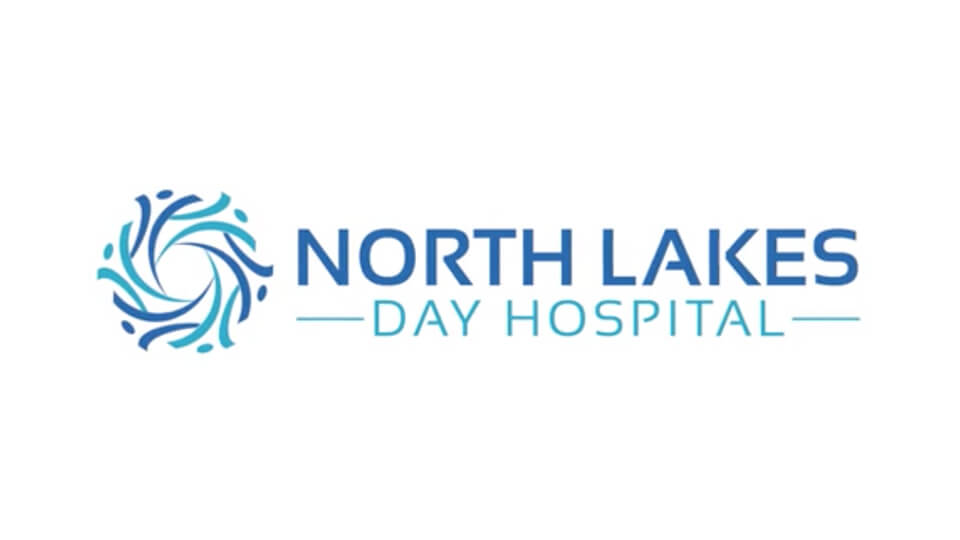
Links
Share:
E-BOOKS
